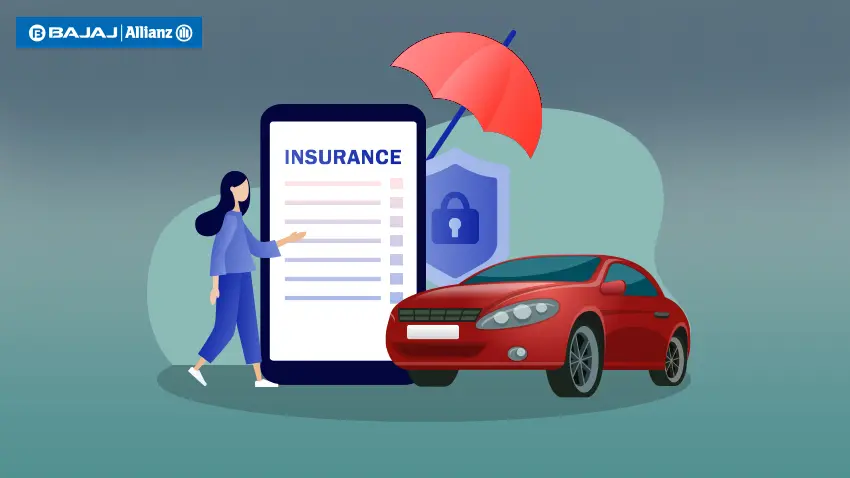Car Insurance: What You Need to Know to Protect Yourself and Your Vehicle
Car insurance is one of the most important types of insurance you can buy. Not only is it required by law in most states, but it can also protect you financially in the event of an accident. With so many different types of car insurance policies available, it can be difficult to know which one is right for you.
In this article, we’ll take a closer look at car insurance, including what it is, why it’s important, and how to choose the right policy for your needs.

What is Car Insurance?
Car insurance is a type of insurance policy that provides financial protection in the event of an accident involving your car. Car insurance can help pay for damages and injuries caused by the accident, as well as any legal fees that may arise as a result of the accident. The cost of car insurance can vary depending on a number of factors, including your driving record, the type of car you drive, and where you live.
Why is Car Insurance Important?
Car insurance is important for a number of reasons. First and foremost, it is required by law in most states. If you are caught driving without insurance, you can face hefty fines, and even have your license suspended. In addition to being a legal requirement, car insurance can also protect you financially in the event of an accident. Without insurance, you would be responsible for paying for any damages or injuries caused by the accident out of pocket, which can be very expensive.
However, car insurance can be quite expensive, with high premiums and deductibles that can make it difficult for some drivers to afford. In this article, we will discuss car insurance in detail, including its benefits, types, factors that affect its cost, and tips to get affordable coverage.
Benefits of Car Insurance:
Car insurance provides several benefits to drivers, including:
Protection against financial loss: Car insurance protects drivers from financial loss if their car is damaged or stolen. It can cover the cost of repairs or replacement of the vehicle, depending on the type of coverage purchased.
Liability coverage: Car insurance also provides liability coverage, which covers the cost of damage or injury caused to other people or their property in an accident. This coverage is mandatory in most states and is required by law.
Peace of mind: Having car insurance provides drivers with peace of mind, knowing that they are protected in case of an accident or other unforeseen events.
Types of Car Insurance:
There are several types of car insurance policies available, including:
Liability coverage: This type of coverage is mandatory in most states and covers the cost of damage or injury caused to other people or their property in an accident.
Collision coverage: This coverage covers the cost of damage to the insured vehicle in case of an accident.
Comprehensive coverage: This coverage covers the cost of damage to the insured vehicle caused by events such as theft, vandalism, or natural disasters.
Personal injury protection (PIP): This coverage covers the cost of medical expenses and lost wages for the driver and passengers in case of an accident.
Factors Affecting the Cost of Car Insurance:
The cost of car insurance varies depending on several factors, including:
Age and gender: Younger drivers and male drivers typically pay higher premiums than older drivers and female drivers.
Driving history: Drivers with a history of accidents or traffic violations are considered high-risk and may pay higher premiums.
Type of vehicle: The make and model of the vehicle can also affect the cost of insurance. Sports cars and luxury vehicles typically cost more to insure than economy cars.
Location: The location of the insured driver can also affect the cost of insurance. Drivers in urban areas typically pay higher premiums than those in rural areas.
Credit score: In some states, insurance companies can use a driver’s credit score to determine their insurance premium.
Tips for Getting Affordable Car Insurance:
Here are some tips for getting affordable car insurance:
Shop around: It is important to shop around and compare quotes from multiple insurance companies to find the best rates. Drivers can use online comparison tools to compare rates from different companies.
Increase deductibles: Increasing deductibles can lower the cost of insurance premiums. However, drivers should make sure they can afford to pay the higher deductible in case of an accident.
Maintain a good driving record: Drivers with a good driving record are considered low-risk and may be eligible for lower premiums.
Choose a safe car: Cars with safety features such as airbags, anti-lock brakes, and electronic stability control are typically cheaper to insure.